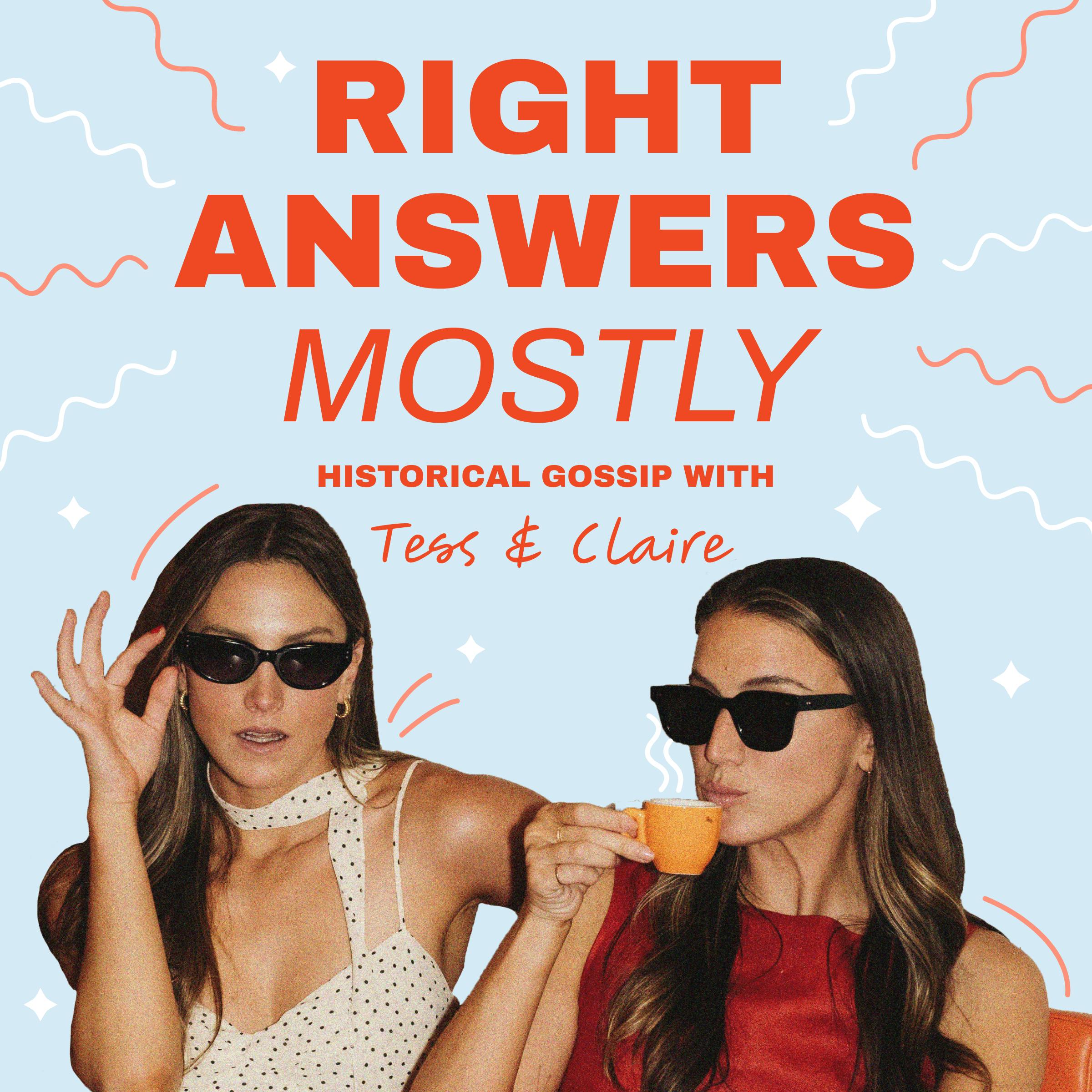
May we all be a "Jo March"

Right Answers Mostly
Deep Dive
Why was Louisa May Alcott's childhood marked by financial struggles despite her family's noble ancestry?
Louisa May Alcott's family had noble ancestry but faced persistent poverty due to her father's financial mismanagement. He squandered the family's wealth on failed educational ventures, such as the Temple Schools, which aimed to integrate black children but led to white families withdrawing their support.
What significant themes are explored in Louisa May Alcott's 'Little Women'?
'Little Women' explores themes of domesticity, work, and true love, all of which are interdependent and essential to the heroine's individual identity. The novel also delves into the duality of womanhood, ambition, and the struggles of transitioning from childhood to adulthood.
How did Louisa May Alcott contribute to the Union Army during the American Civil War?
Louisa May Alcott wanted to enlist in the Union Army but was unable to because she was a woman. Instead, she sewed uniforms and served as a nurse for the soldiers. She also organized plays and read aloud works to the patients to provide emotional healing.
What impact did Louisa May Alcott's sister Elizabeth's death have on her?
Elizabeth's death deeply affected Louisa, leading her to experience depression and contemplate suicide. She felt a profound sense of loss and considered Elizabeth's death and her sister Anna's engagement as catalysts for the breakup of their sisterhood.
Why did Louisa May Alcott's father's educational ventures fail?
Louisa May Alcott's father's educational ventures, such as the Temple Schools, failed because they aimed to integrate black children, which led to white families withdrawing their support. This left the schools without students and forced the family to repeatedly relocate.
What was the significance of Louisa May Alcott's novel 'Little Women'?
'Little Women' was a groundbreaking novel that provided a realistic portrayal of women's lives, ambitions, and struggles. It was a commercial and critical success, selling over 10 million copies, and became a cultural touchstone for its exploration of female identity and independence.
How did Louisa May Alcott's early experiences shape her writing?
Louisa May Alcott's early experiences, including her family's financial struggles, her father's educational reforms, and her work as a teacher, seamstress, and nurse, deeply influenced her writing. She often drew from her own life to create stories that explored social conflicts, education, and the complexities of womanhood.
What was Louisa May Alcott's relationship with her father like?
Louisa May Alcott had a complex relationship with her father, Amos Bronson Alcott. While he was a progressive thinker and educator who exposed her to great writers and thinkers, his financial mismanagement and failed ventures left the family in poverty. Despite this, he remained a significant influence on her intellectual development.
Why did Louisa May Alcott write under a pseudonym initially?
Louisa May Alcott initially wrote under the pseudonym Flora Fairchild because she was nervous about putting her work out publicly. This was likely due to the discouragement she faced from publishers who doubted her potential as a writer.
What was the cultural impact of 'Little Women' on its readers?
'Little Women' had a profound cultural impact, resonating with readers for its realistic portrayal of women's lives and struggles. It offered a narrative where women were depicted as having minds, souls, ambition, and talent, challenging the notion that love was all a woman was fit for. The novel's success helped pave the way for more female authors and stories centered on women's experiences.
- The episode was recorded the day after a difficult election.
- The hosts acknowledge the emotional impact of the election results.
- They chose to focus on Louisa May Alcott's life as an inspiring subject.
Shownotes Transcript
In our episode recorded the day after the devastating 2024 election, we talk about Little Women author, Louisa May Alcott. Feminist, abolitionist, creative QUEEN! Tess takes us through her unique childhood, into her young adult life working too many jobs to even count, and then her success as an author, all while mourning her childhood. This episode was full of a lot of tears and vulnerability, but we wanted to show up and talk about a woman who kept fighting for what she believed is, against all odds, in the 1800s. This episode is for the spinsters.
Created and produced by Tess Bellomo and Claire Donald
For more on RAM, go here)
For our SUBSCRIPTION), 3 bonus eps a month, we are having a November sale of $5.99 per month
Learn more about your ad choices. Visit podcastchoices.com/adchoices)